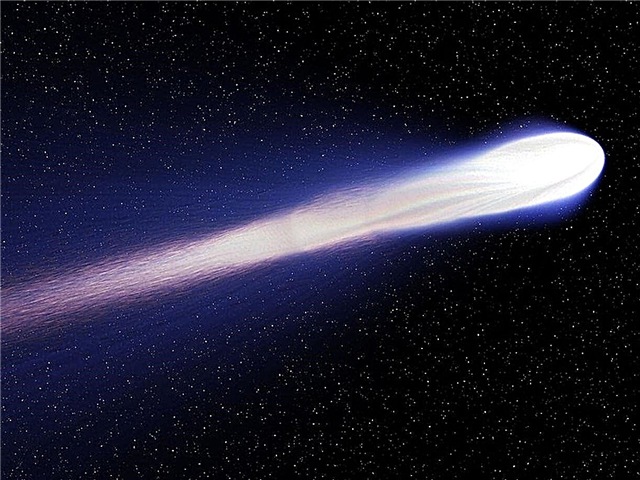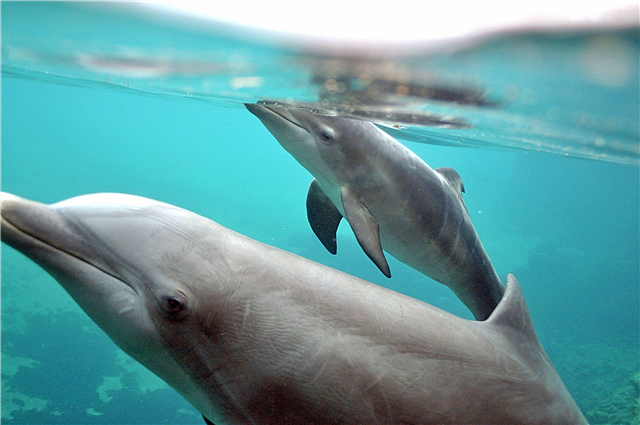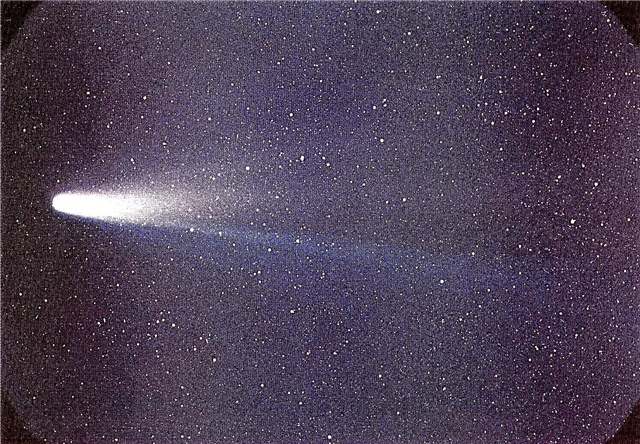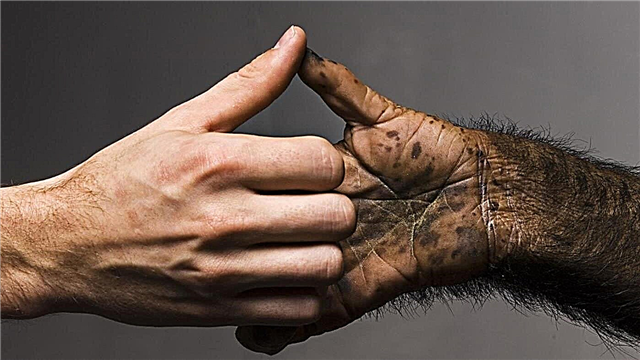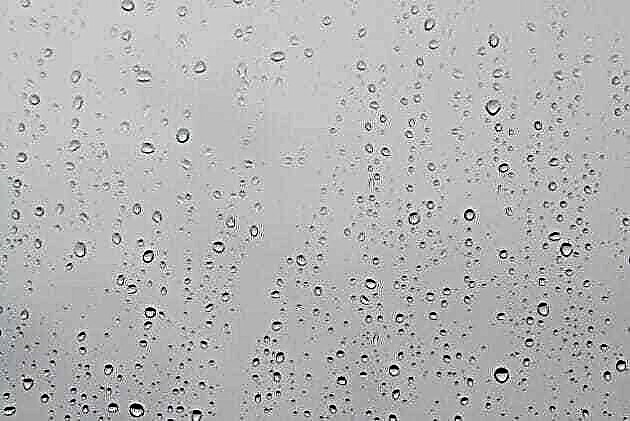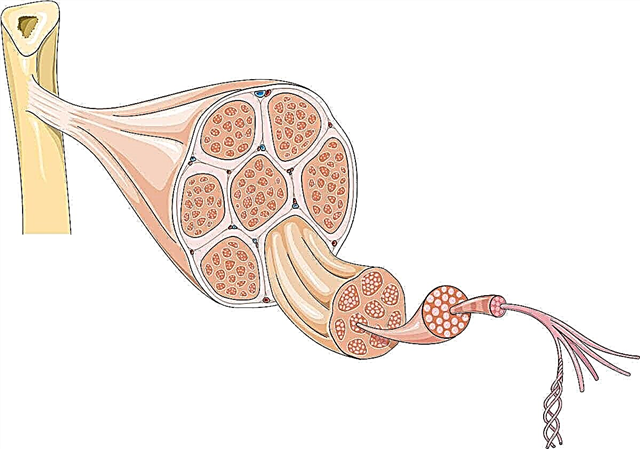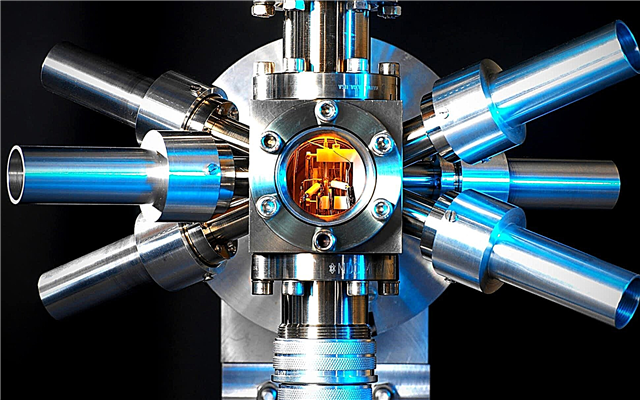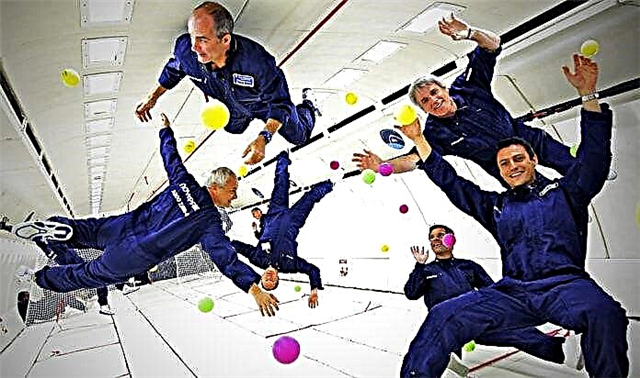
Becoming an astronaut is a popular childhood dream. The mere absence of gravity has a profound effect on the body.
How does an organism change in a state of weightlessness?
One of the most interesting is the change in human growth. Under conditions of gravity, the muscles ensure that the vertebrae fit together, which helps maintain proper bending of the spine. In zero gravity, the muscles gradually weaken and atrophy. As a result, growth can increase by several centimeters.
Any changes in the body are very important for the astronauts. For example, a landing capsule contains a lodgement - a special device that is made individually for each. The lodgement must fully comply with the astronaut's parameters, otherwise his safety during landing on Earth is at risk.

To avoid such problems, astronauts wear special costumes - “Penguins”. The main task of such a suit is to create a load on the musculoskeletal system, to reduce the effect of weightlessness.

We must not forget that the heart is also a muscle, which means that weightlessness affects it in a similar way. It has long been proven that the heart in the absence of gravity becomes weaker and loses volume. But NASA research has shown yet another change - rounding the shape of the heart.
This study involved 12 astronauts who worked on the ISS.It turned out that the human heart becomes 9.4% rounder. When the astronaut returns to their usual conditions, the muscle gradually acquires its normal shape. To make it easier to understand the effect on the heart, one can imagine that one week in zero gravity is the same as 1.5 months of constant bed rest.
Interesting fact: many everyday things in space become impossible. For example, an astronaut is not able to cry and thus get rid of stress, negative emotions, etc. With gravity, tears slide down, but if it is not there, then salty drops remain inside the eye or gradually accumulate under it, interfere with vision and cause an unpleasant burning sensation. Astronauts get rid of moisture with the help of special devices.
In space, the aging process is also intensifying. Even, despite the negative processes in the musculoskeletal system, changes in weightlessness occur with endothelial cells. They are located inside all vessels, which causes an effect on the cardiovascular system. Scientists insist that it was thanks to gravity that the evolution of man took place, and in its absence, body tissues age very quickly.
They are susceptible to the effects of weightlessness and bone. This happens for several reasons, such as a lack of bone material, impaired phosphorus metabolism, and a decrease in calcium. The body understands that there is no need to maintain the body, and all these processes are suspended. As a result, after 30 days in space, a person can lose 1-2% of bone mass. Bone destruction even has a separate term - space osteopathy.
Upon returning to Earth, the astronaut gradually restores the volume of bone mass. At the same time, it is important that the stay in space is not too prolonged, since restoration will not be possible at critical rates (with a loss of 50% of bone mass, for example).
For cosmonauts, it is vitally necessary to carry out various training during the space flight. For this, special simulators are used that provide attraction to the body and strain on the body. These include treadmills, simulators for strength training, bicycle simulators, etc. Also, astronauts undergo thorough preparation for flight in specialized centers.
Research on the effects of space on the body
Scientists also found through experiments and research that being in zero gravity affects the body’s immune system. In other words, a person is more susceptible to various diseases, as his immunity worsens. In simple terms, the essence of the immune system is to find an alien microorganism in the body and attack it.
The study was conducted by a team of NASA scientists with the involvement of 23 astronauts (men and women) aged about 53 years. The astronauts were in zero gravity for a different amount of time. They did the necessary tests before departure, some participants took blood from themselves while at the station. Then the surveys were carried out upon the arrival of astronauts to Earth immediately and after certain intervals.
Thus, it was possible to compare the results and find out that the immunity of the astronauts who worked on the ISS for six months has significantly deteriorated compared to the rest of the research participants. In particular, the ability of the immune system to recognize and eliminate a threat has significantly decreased. Upon the return of astronauts to Earth, the immune system began to slowly recover. The exact reason for such changes has not been established, since it can be stress, a malfunction of the biological clock, and being in zero gravity.
Another study was conducted on the effect of weightlessness on the skin of the body. Astronauts often complained about the occurrence of itching of the skin and dryness. For an experiment, mice were sent into orbit for a period of three months. Examination of rodents returning from space showed that the skin was thinned by 15%, and the growth of the coat also changed. Moreover, changes occurred at the level of genes.
Interesting fact: Using mice, the effect of weightlessness on vision was also established. They were sent to outer space for a month, after which the state of the eyes was analyzed. Scientists have found that vision deteriorates due to impaired activity of blood vessels. It is natural for the organism of all living things that blood rushes to the legs under the influence of gravity. In zero gravity, it puts pressure on the brain, which harms the work of blood vessels.

Cosmonauts working on the ISS often complain of visual impairment. Upon their arrival on Earth, vision also gradually returns to its previous state, but, as in the case of other organs and systems, it all depends on the length of time in space.Scientists are actively seeking solutions that will help reduce the effect of weightlessness on the human body.
Weightlessness is unusual for the human body. Many of its systems are dependent on gravity, so the lack of gravity negatively affects the health of astronauts. The work of the musculoskeletal system, cardiovascular system worsens, muscles, eyesight, immunity, skin condition weaken. The detrimental effect of weightlessness depends on how long the astronaut stays in space. For the prevention of various diseases and problems, special equipment is used, and the astronauts carefully prepare for sending into space.

